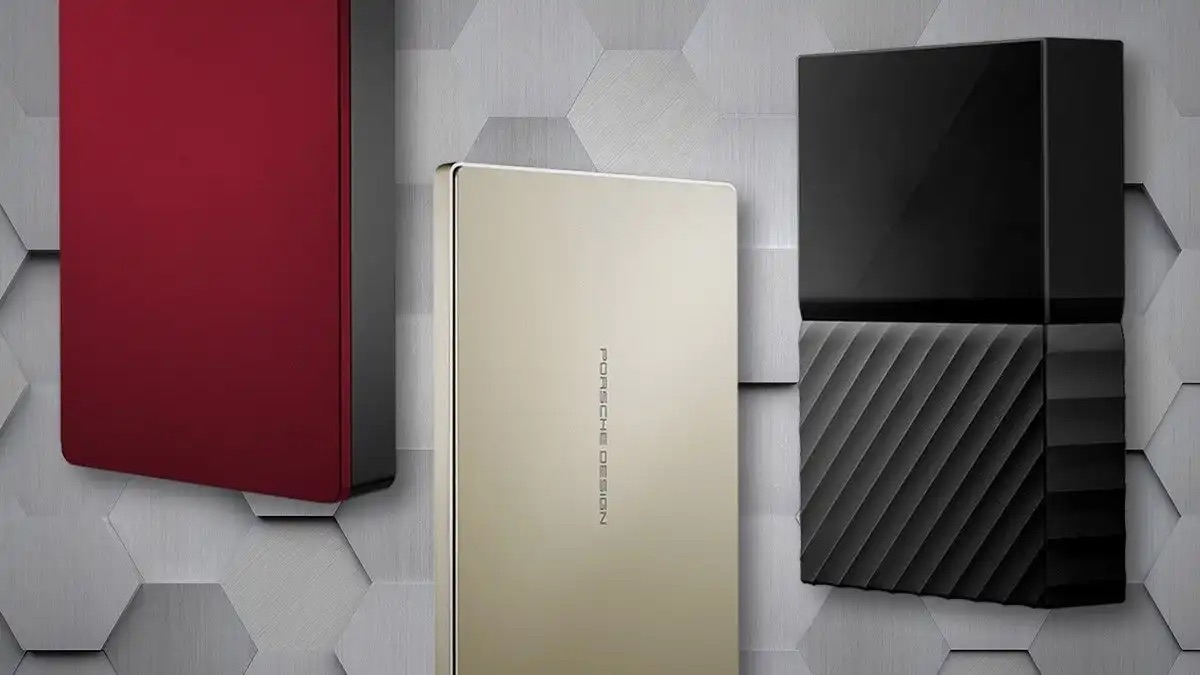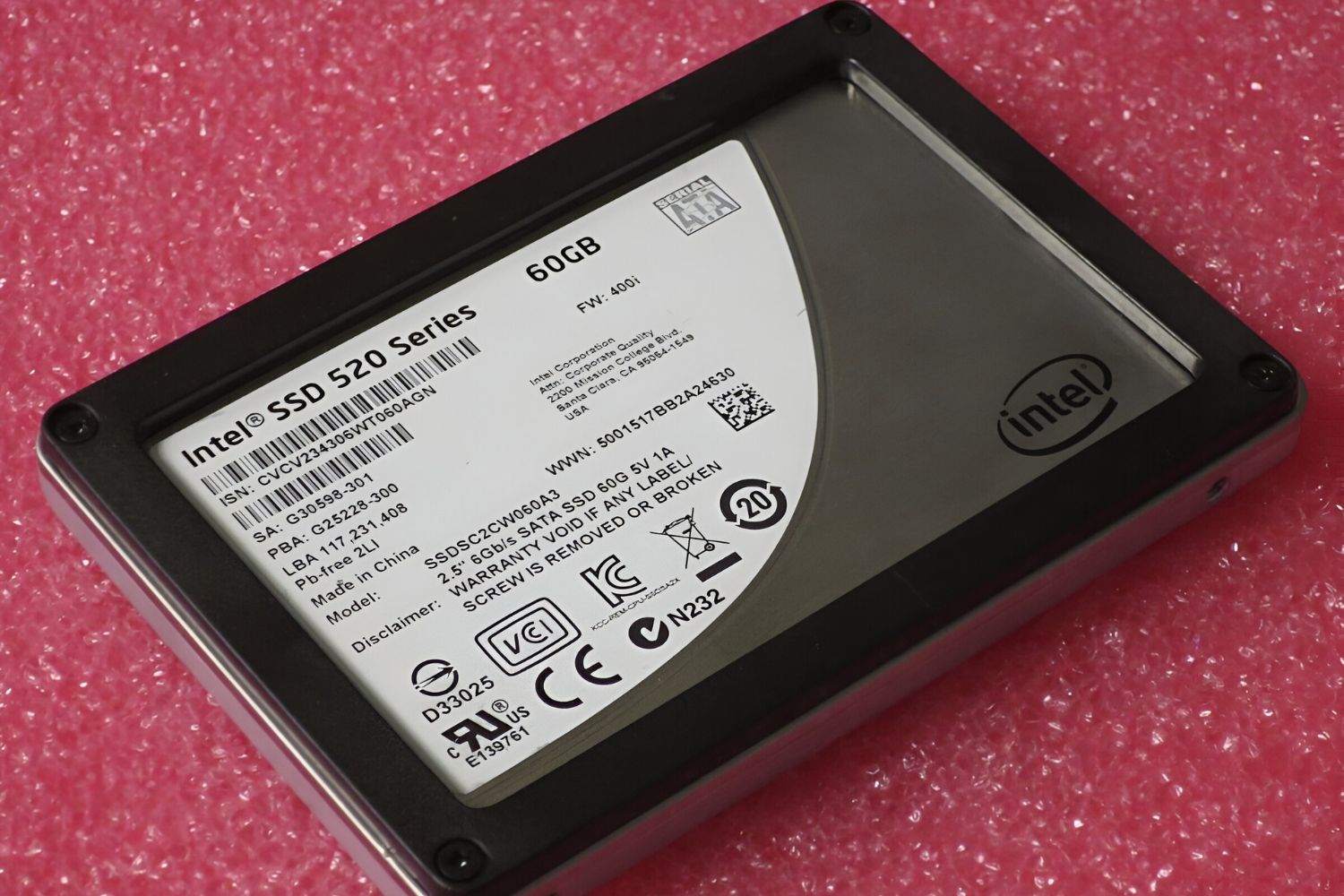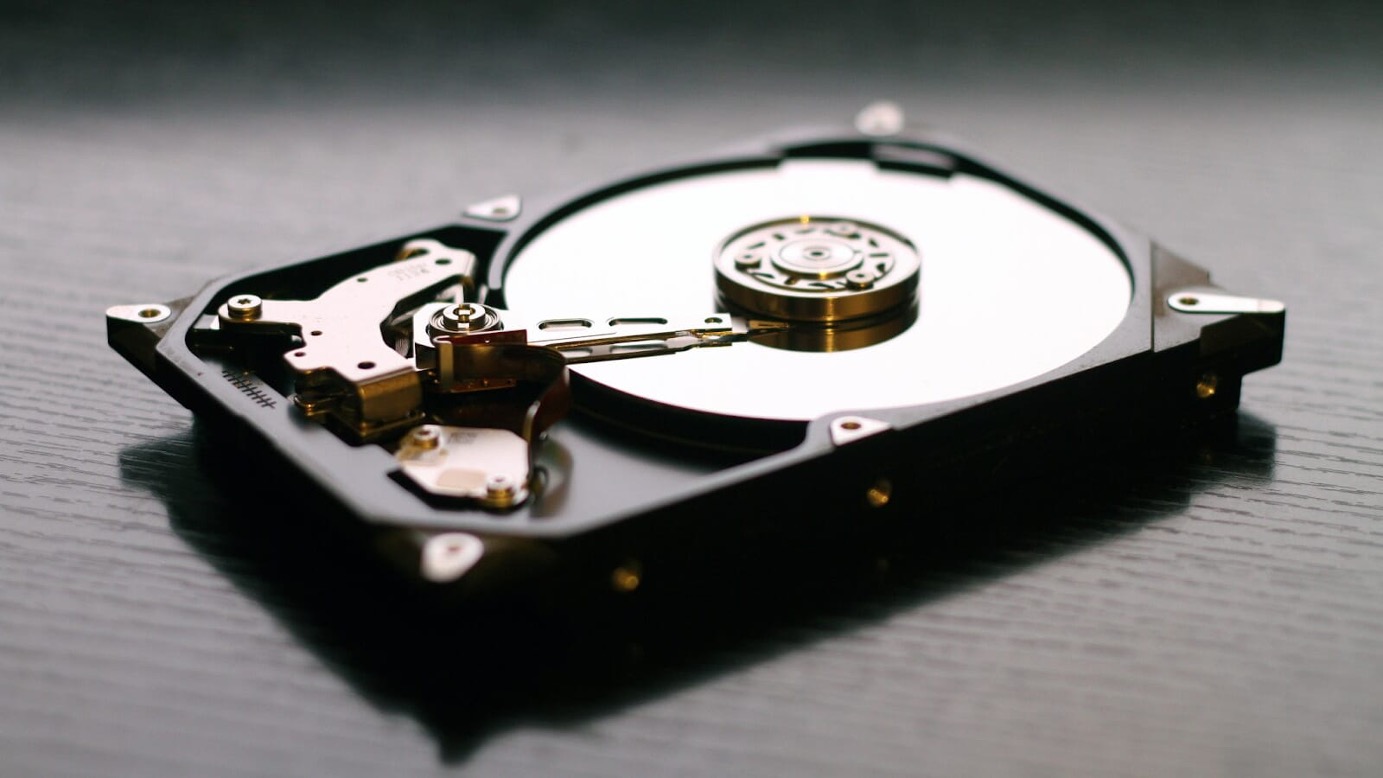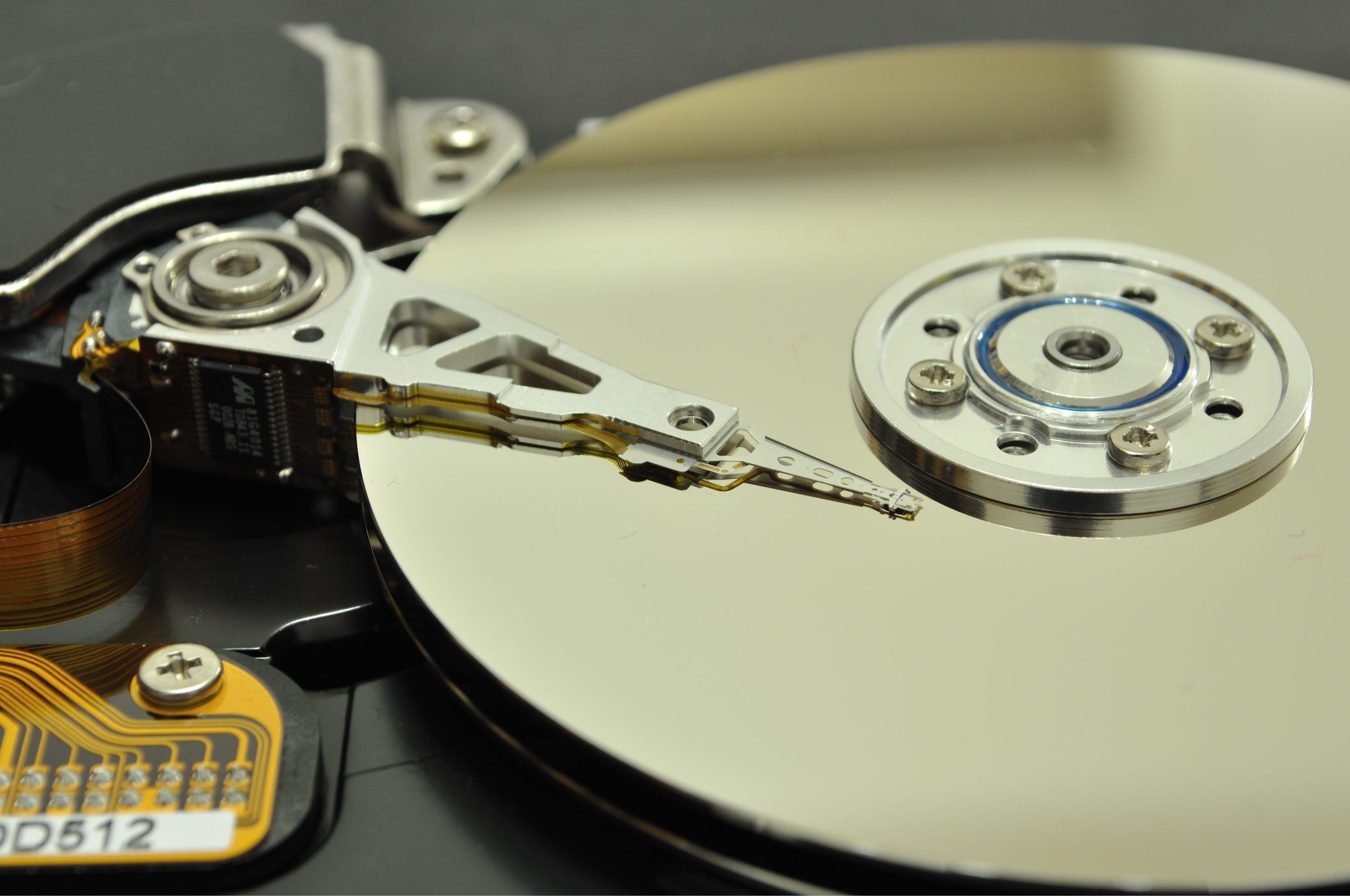Common Signs of a Failing Desktop Hard Disk Drive
A desktop computer’s hard disk drive (HDD) is a crucial component that stores and retrieves your data. Over time, a HDD may experience wear and tear or encounter technical issues, leading to failures and potential data loss. Being aware of the common signs of a failing desktop HDD can help you take timely action to prevent further damage.
One of the most noticeable signs is slow and sluggish performance. If your computer takes a long time to boot up or programs and files take forever to open, it might be due to an ailing HDD. Additionally, frequent freezing or crashing of your operating system or applications can also indicate HDD problems.
Strange noises coming from your desktop can serve as a warning sign as well. Clicking, grinding, or knocking sounds could suggest mechanical issues within the HDD, such as a malfunctioning spindle motor or deteriorating read/write heads.
Another red flag is an increasing number of bad sectors. Bad sectors are areas on the HDD that are no longer accessible or have become corrupted. If you notice frequent system crashes, file errors, or data loss, it could be a sign of numerous bad sectors on your HDD.
Unexplained file corruption or data loss can also mean trouble for your HDD. If files suddenly become unreadable or you experience missing or garbled information, it may be a result of a failing HDD.
Furthermore, frequent and unexplained system restarts or the infamous “Blue Screen of Death” (BSOD) can suggest HDD issues. These occurrences are often accompanied by error messages indicating disk read/write errors or failures.
If you encounter any of these signs, it’s vital to back up your important data immediately, as a complete HDD failure can lead to permanent data loss. Seeking professional assistance or considering a replacement may be necessary to prevent further damage and safeguard your data.
Factors That Determine the Cost of Replacing a Bad Desktop Hard Disk Drive
When it comes to replacing a bad desktop hard disk drive (HDD), several factors can influence the overall cost. Understanding these factors can help you plan and budget accordingly for the replacement process.
The first factor to consider is the type and capacity of the new HDD. Different HDD models come with varying price tags based on their brand, performance, and storage capacity. Generally, larger capacity drives or those with advanced features tend to be more expensive.
The second factor is the warranty and reputation of the HDD manufacturer. Reputable brands often offer longer warranties for their products, which can affect the price. Opting for a higher-quality HDD with a longer warranty may provide better reliability and peace of mind, but it may also come at a higher cost.
Moreover, the age and availability of the HDD model can impact the price. If you have an older computer, you may need to opt for a compatible HDD model that is still in production or available in the market. In some cases, older models may be more expensive due to limited availability.
The next consideration is whether you plan to replace the HDD yourself or hire a professional. If you have the technical skills and knowledge, replacing the HDD on your own can save you money on labor costs. However, if you’re not confident in your abilities, seeking professional help ensures proper installation and reduces the risk of damage to other components.
Additionally, if you choose to hire a professional, their fees can vary depending on their expertise and location. Professional technicians might charge higher fees in certain regions, while others may offer more competitive pricing.
Lastly, any additional services required during the replacement process can impact the overall cost. For example, if your computer’s operating system or data needs to be transferred to the new HDD, there may be additional charges for data backup and migration. It’s essential to discuss these services and any associated costs with the technician beforehand.
Considering these various factors will help you determine a realistic budget for replacing your desktop HDD. It’s important to remember that the cost of a replacement HDD goes beyond just the price of the hardware itself, so it’s best to weigh all these factors before making a decision.
Cost of a New Desktop Hard Disk Drive
When it comes to replacing a bad desktop hard disk drive (HDD), the cost of the new HDD itself is one of the key factors to consider. The price of a new desktop HDD can vary depending on various factors.
The first factor that can influence the cost is the storage capacity of the HDD. Desktop HDDs come in different storage capacities, ranging from a few hundred gigabytes (GB) to several terabytes (TB). Generally, larger storage capacities come with higher price tags, as they offer more space to store data.
The second factor to consider is the type of HDD. There are two main types: hard disk drives (HDDs) and solid-state drives (SSDs). HDDs are the traditional type that use spinning disks to store data, while SSDs are more modern and use flash memory. SSDs tend to be more expensive than HDDs due to their faster performance and durability.
Additionally, the brand and quality of the HDD can affect the price. Well-known and reputable brands often come with higher price tags, as they are associated with better reliability and performance. It’s important to consider the balance between cost and quality when choosing a new HDD.
The capacity, type, and brand of the HDD are the primary factors that contribute to the cost. On average, a desktop HDD can range from around $50 for a basic 500GB HDD to several hundred dollars for a high-capacity, high-performance SSD.
It’s worth noting that the cost of HDDs has generally decreased over the years due to advancements in technology and increased competition among manufacturers. As a result, you can find affordable options that offer a good balance between price and performance.
Another aspect to consider is the warranty offered by the HDD manufacturer. Some brands provide longer warranties for their HDDs, which can add value to the product but may also slightly increase the price.
Lastly, it’s important to compare prices from different retailers or online marketplaces. Prices can vary between sellers, so it’s worth researching and comparing options to ensure you’re getting the best deal for your new desktop HDD.
By considering these factors and doing your research, you can find a new desktop HDD that fits your needs and budget. It’s essential to strike a balance between cost, storage capacity, and performance to make an informed decision.
Labor Costs for Professional Hard Disk Drive Replacement
For those who are not confident in their technical skills or prefer to have a professional handle the task, hiring a technician for hard disk drive (HDD) replacement is a common choice. However, it’s important to factor in the labor costs associated with professional HDD replacement.
The labor costs for professional HDD replacement can vary depending on several factors. One of the main factors is the location. Labor costs can differ from one region to another, with technicians in certain areas charging higher fees due to factors such as higher living expenses or a higher demand for their services.
The complexity of the replacement process can also impact labor costs. If the HDD is easily accessible and can be replaced without much disassembly of the computer, the labor costs may be lower. However, if the process requires extensive disassembly or if the technician needs to transfer data from the old HDD to the new one, the labor costs may be higher.
The experience and expertise of the technician can also affect the labor costs. Technicians with more experience or specialized expertise may charge higher fees for their services. It’s advisable to find a technician with a good reputation and positive reviews to ensure quality work.
On average, professional labor costs for HDD replacement can range from around $50 to $150, although this can vary depending on the factors mentioned above. The technician may charge an hourly rate or a flat fee for the service. It’s recommended to inquire about the pricing structure and any additional charges, such as data backup or system transfer, before hiring a technician.
It’s important to remember that professional HDD replacement offers benefits such as proper installation, reduced risk of damage to other components, and warranty protection. While there is an additional cost involved, the expertise and peace of mind provided by a professional technician can make it a worthwhile investment.
Before choosing a technician, it’s advisable to obtain quotes from different professionals and compare their prices, expertise, and customer feedback. This will help ensure that you find a reputable technician who offers fair pricing and quality service.
Ultimately, the labor costs for professional HDD replacement should be taken into account when planning your budget for replacing a bad desktop HDD. While it may increase the overall cost, it often provides a more reliable and hassle-free experience.
Additional Costs to Consider When Replacing a Desktop Hard Disk Drive
When replacing a desktop hard disk drive (HDD), it’s important to consider that there may be additional costs beyond just the price of the new HDD itself. Being aware of these potential expenses will help you plan your budget more effectively and avoid any surprises along the way.
One additional cost to consider is data backup and recovery. Before replacing the HDD, it’s crucial to back up your important files and data to prevent data loss. Depending on the amount of data and the backup method you choose, this can involve purchasing external storage devices or subscribing to cloud storage services, both of which may incur additional costs.
In some cases, you may need assistance from a professional to back up or recover data from the old HDD. If the HDD has already failed or if you’re unable to access your data, a data recovery service may be necessary. Data recovery services can vary in cost depending on the severity of the issue and the complexity of the recovery process.
Another cost to consider is software and operating system installation. When replacing the HDD, you will likely need to reinstall your operating system and any software programs you use. If you have the original installation discs or access to digital licenses, this may not involve additional costs. However, if you need to purchase new software licenses or obtain updated installations, these expenses should be factored into your budget.
Furthermore, if you’re not comfortable or familiar with the installation process, you may need to hire a professional to install the operating system and software for you. Their fees for the installation service should be taken into account as well.
In some cases, replacing the HDD may reveal other underlying issues or hardware compatibility concerns. For example, if the computer is older, the replacement HDD may not be compatible with the existing hardware, requiring additional components or upgrades. These additional costs for hardware compatibility should be considered when budgeting for HDD replacement.
Lastly, it’s important to think about any potential warranties or extended service plans for the new HDD. Some HDD manufacturers offer warranties or extended coverage plans that can provide peace of mind in case of any future issues. While this may involve an upfront cost, it can help you save money in the long run if any unexpected problems arise.
By considering these additional costs, you can more accurately estimate the overall expenses involved in replacing a desktop HDD. Planning for these potential expenditures ahead of time will help you avoid any financial surprises and ensure a smooth and successful HDD replacement process.
DIY vs. Professional Replacement: Which Is More Cost-Effective?
When replacing a desktop hard disk drive (HDD), one consideration to weigh is whether to opt for a do-it-yourself (DIY) approach or hire a professional technician. Both options have their pros and cons, and understanding which is more cost-effective depends on various factors.
DIY replacement can be more cost-effective for individuals who have the necessary technical skills and experience. By replacing the HDD themselves, they can save on the labor costs associated with hiring a professional. DIY enthusiasts can find step-by-step guides and tutorials online, allowing them to perform the replacement without incurring additional expenses.
Moreover, DIY replacement allows individuals to have better control over the choice and cost of the replacement HDD. They can compare prices, choose the HDD model that suits their budget and requirements, and avoid potentially expensive markups that might come with professional services.
However, DIY replacement may not be cost-effective for everyone. If individuals lack the technical knowledge or experience, attempting a DIY replacement could lead to costly mistakes, such as damaging other components or mishandling sensitive data. In such cases, the cost of potential repairs or data recovery services might outweigh the savings from DIY replacement.
Professional replacement provides the expertise and assurance that the job will be done correctly, reducing the risk of errors. Technicians possess the necessary skills, knowledge, and tools to handle the replacement process efficiently without causing further damage.
While hiring a professional technician comes with labor costs, it can be a cost-effective option for individuals who are not confident in their technical abilities. Professionals can complete the replacement faster, reducing downtime and ensuring that the computer is up and running smoothly.
Furthermore, professional technicians often offer additional services such as data backup and migration, operating system installation, and hardware compatibility checks. While these services may incur extra costs, they can save individuals time and effort, as well as provide peace of mind knowing that the replacement was handled properly.
Ultimately, the cost-effectiveness of DIY versus professional replacement depends on individual circumstances. DIY replacement can be more cost-effective for those with the necessary skills and experience, while professional replacement offers convenience and expertise. It’s important to weigh the potential costs, risks, and benefits of each option before making a decision.
Tips to Reduce the Cost of Replacing a Bad Desktop Hard Disk Drive
Replacing a bad desktop hard disk drive (HDD) can be a costly endeavor, but there are several tips you can follow to help reduce the overall cost of the replacement process. By implementing these strategies, you can save money while still ensuring a successful HDD replacement.
1. Compare Prices: Before purchasing a new HDD, take the time to compare prices from different retailers or online marketplaces. Prices can vary, and by doing your research, you can find the best deal without compromising on quality.
2. Look for Special Offers or Promotions: Keep an eye out for special offers, promotions, or discounts from HDD manufacturers or retailers. They may have limited-time deals that can help you save money on your replacement HDD.
3. Consider Refurbished or Used HDDs: Refurbished or used HDDs can be a cost-effective alternative to new ones. Just make sure to purchase from reputable sources and check for warranty options.
4. Opt for a Lower Capacity HDD: Assess your storage needs and consider opting for a lower capacity HDD if it meets your requirements. Smaller capacity drives are generally more affordable, and unless you require extensive storage space, they can be a budget-friendly choice.
5. Check for Manufacturer’s Warranty: When purchasing a new HDD, check if it comes with a warranty. Warranties can provide extra protection and save you money in case of any defects or failures.
6. DIY Replacement: If you have the technical skills and confidence, opting for a DIY replacement can help you save on labor costs. Just make sure to follow proper guidelines and take necessary precautions to avoid any mishaps.
7. Backup Your Data Yourself: Before replacing the HDD, back up your important data yourself to avoid paying for data backup services. External hard drives, cloud storage, or even using a spare computer can help you back up your files without additional costs.
8. Seek Assistance From Online Forums: If you’re attempting a DIY replacement, consider seeking guidance from online forums or communities. Experienced individuals may offer valuable advice, tips, and troubleshooting, helping you minimize the risk of errors.
9. Consider Open-Box or Clearance Sales: Open-box or clearance sales can offer discounts on HDDs that are still in excellent condition. Look for reputable retailers that offer warranties or return policies for added assurance.
10. Maximize the Lifespan of Your New HDD: Once you’ve replaced the HDD, practice good maintenance habits to maximize its lifespan. Regularly clean the computer, avoid overheating, and utilize reliable antivirus software to prevent damage and prolong the life of your investment.
By following these tips, you can reduce the cost of replacing a bad desktop HDD without compromising on quality or performance. With proper planning, research, and careful consideration, you can successfully replace your HDD while keeping your budget in check.
Final Thoughts on the Cost of Desktop Hard Disk Drive Replacement
Replacing a bad desktop hard disk drive (HDD) is an important task that requires careful consideration of various factors, including cost. While the cost of desktop HDD replacement can vary based on factors such as the price of the new HDD, labor costs, and additional expenses, there are ways to mitigate and manage these costs.
It’s crucial to strike a balance between cost and quality when choosing a replacement HDD. Consider your storage needs, performance requirements, and budget to determine the most suitable HDD for your desktop computer. Comparing prices, looking for special offers, and considering refurbished or used HDDs can help you find a cost-effective option.
In terms of labor costs, you have the choice between a DIY replacement or hiring a professional technician. DIY replacement can save on labor costs, but it requires technical skills and knowledge. Hiring a professional ensures proper installation and reduces the risk of damage to other components, albeit at an additional cost. Assess your abilities and weigh the benefits and potential risks of each option to make an informed decision.
When it comes to additional costs, consider factors such as data backup, software installation, and any necessary hardware upgrades. Plan and budget accordingly to minimize surprises and ensure a smooth replacement process. Taking precautions such as backing up your data yourself and seeking assistance from online forums can help reduce additional expenses.
Ultimately, the cost of desktop HDD replacement should be seen as an investment in the longevity and functionality of your computer. Whether you choose to prioritize cost savings or the assurance of professional assistance, the goal is to ensure a reliable and efficient replacement that allows you to continue using your computer without interruption.
Remember, the cost of replacement is not just monetary; it also includes the value of your time, data, and peace of mind. Consider the long-term benefits and potential risks when making decisions about the cost of desktop HDD replacement.
By considering all these factors and making informed choices, you can successfully replace a bad desktop HDD while managing and minimizing costs. Prioritize quality, reliability, and compatibility to ensure a smooth transition and optimal performance for your computer.

























